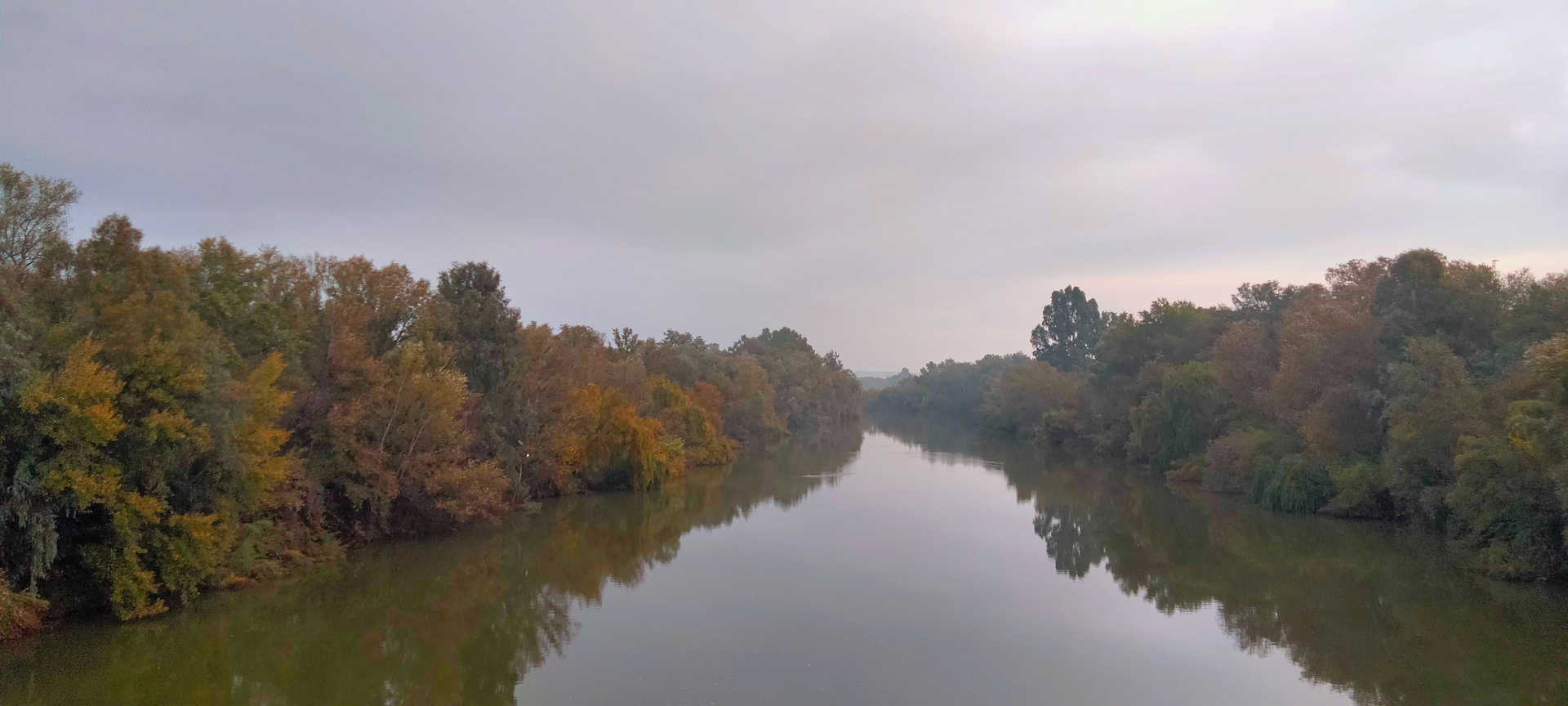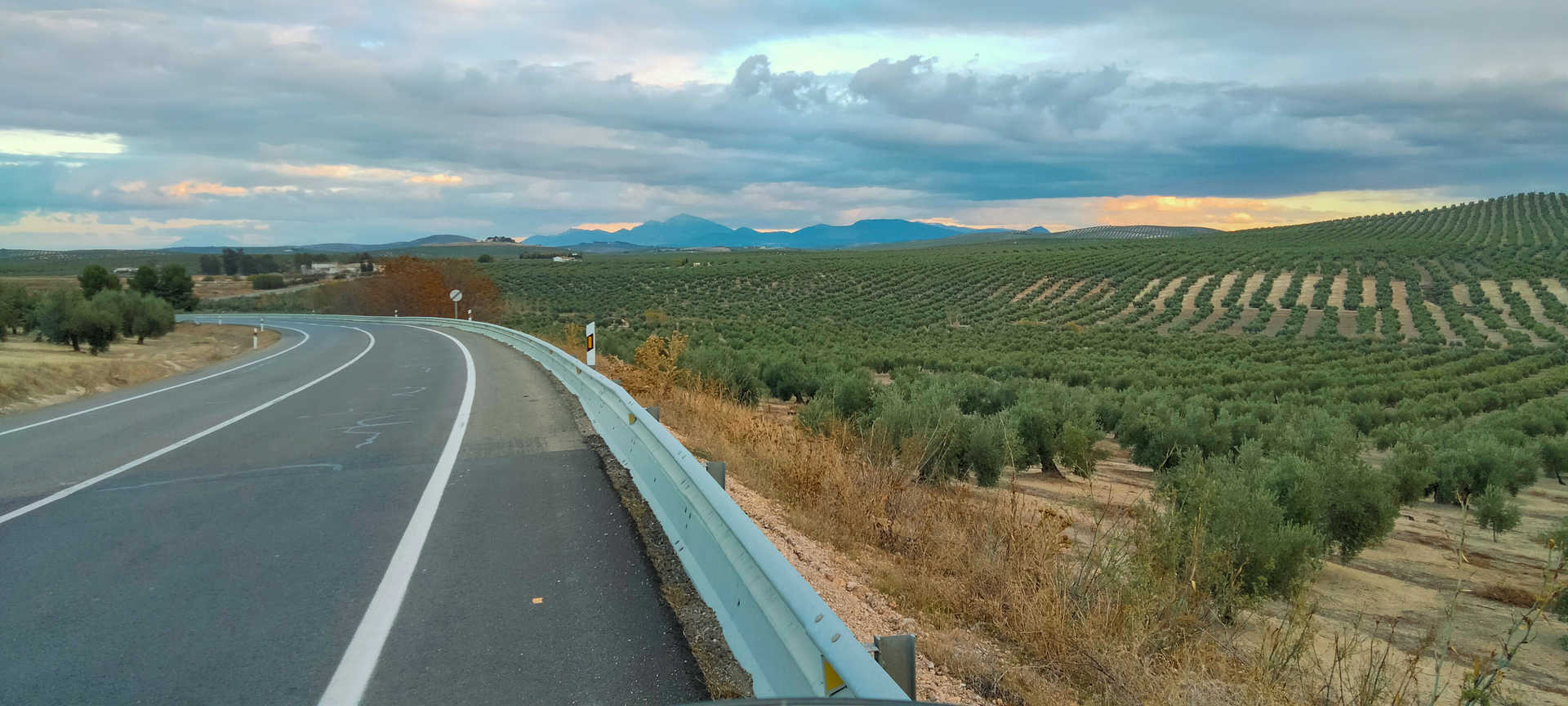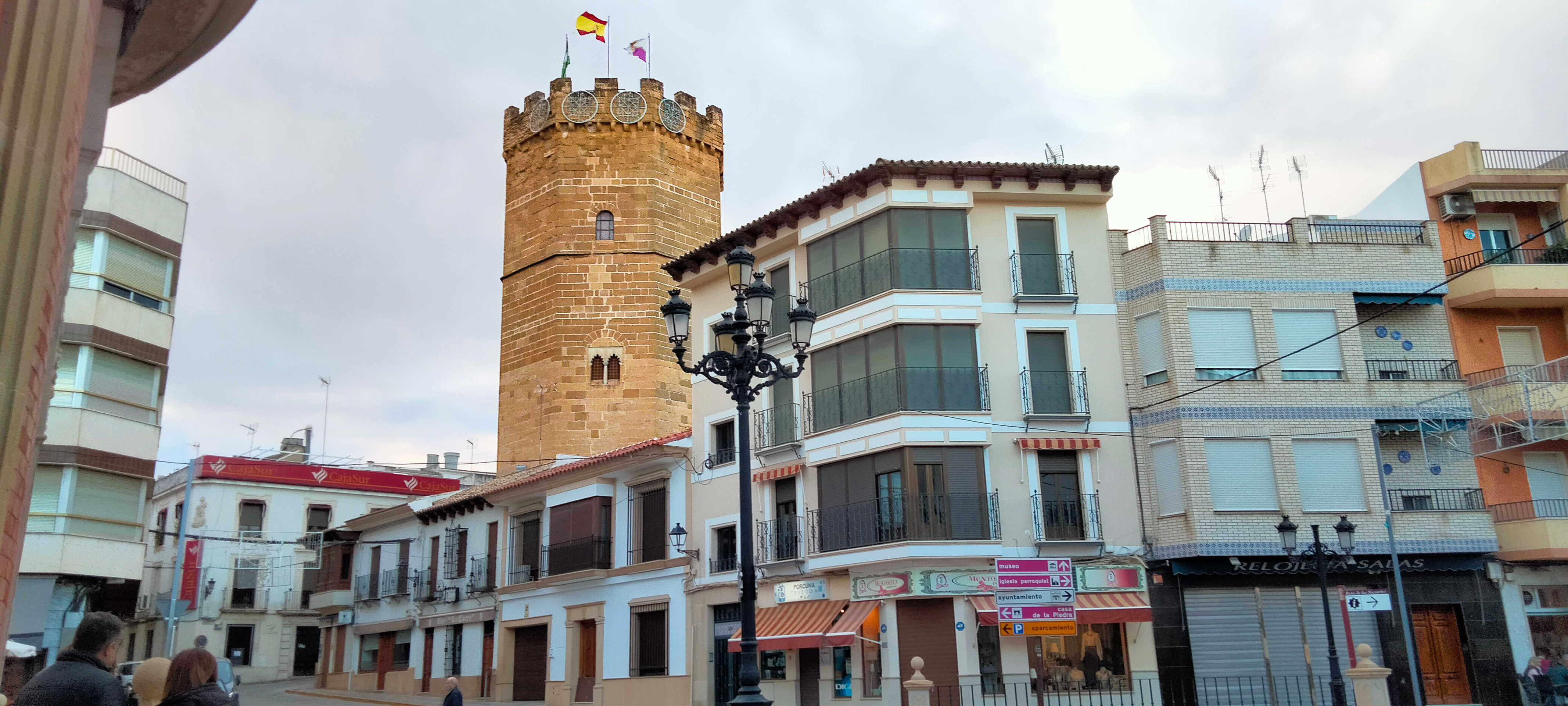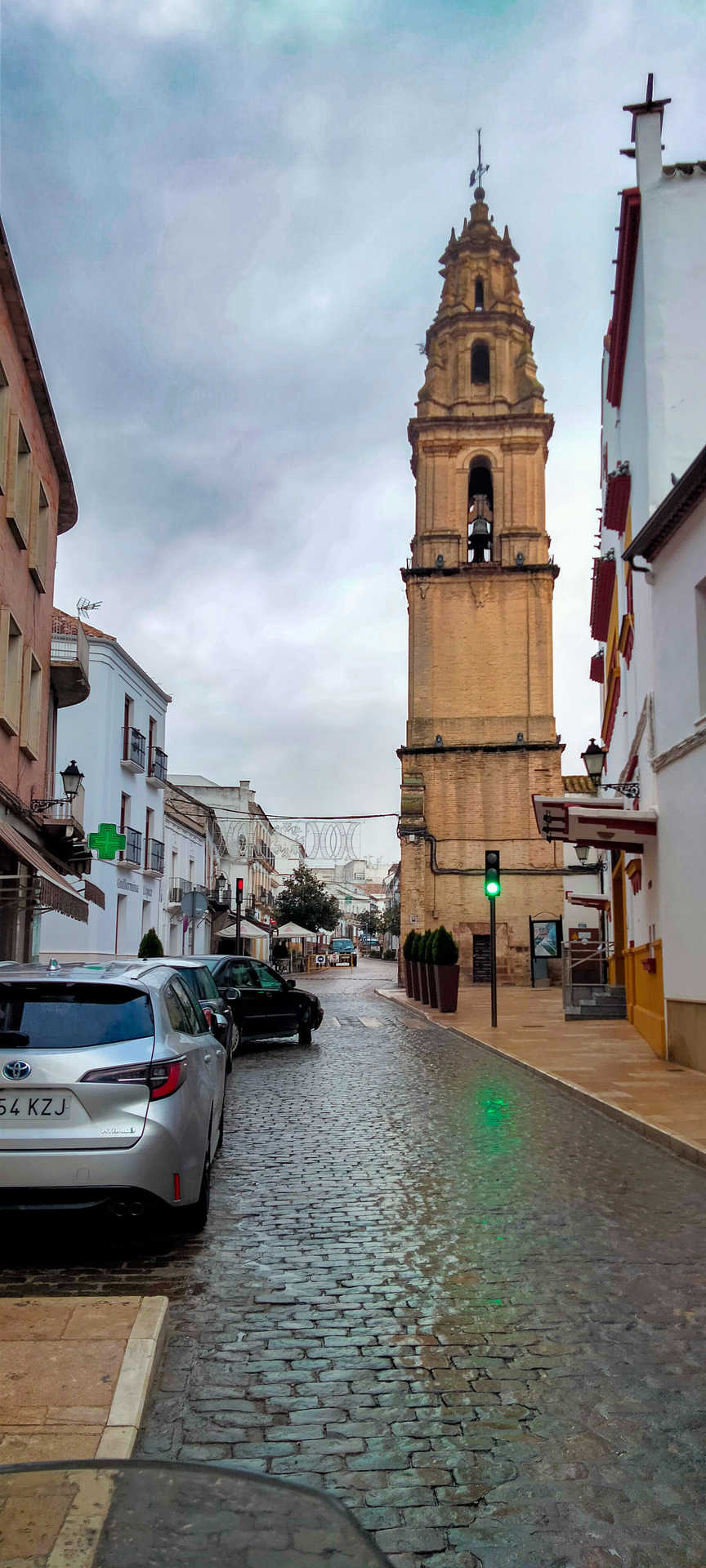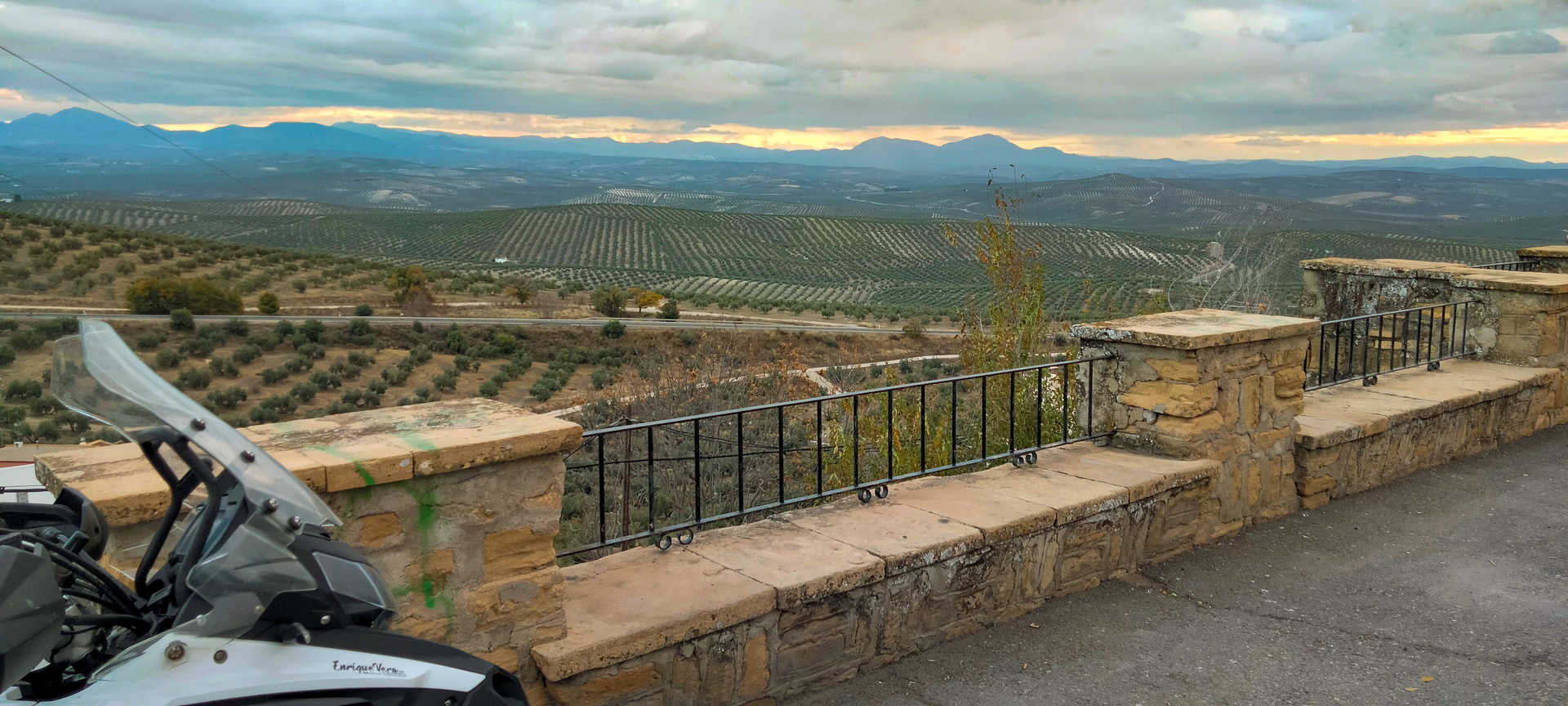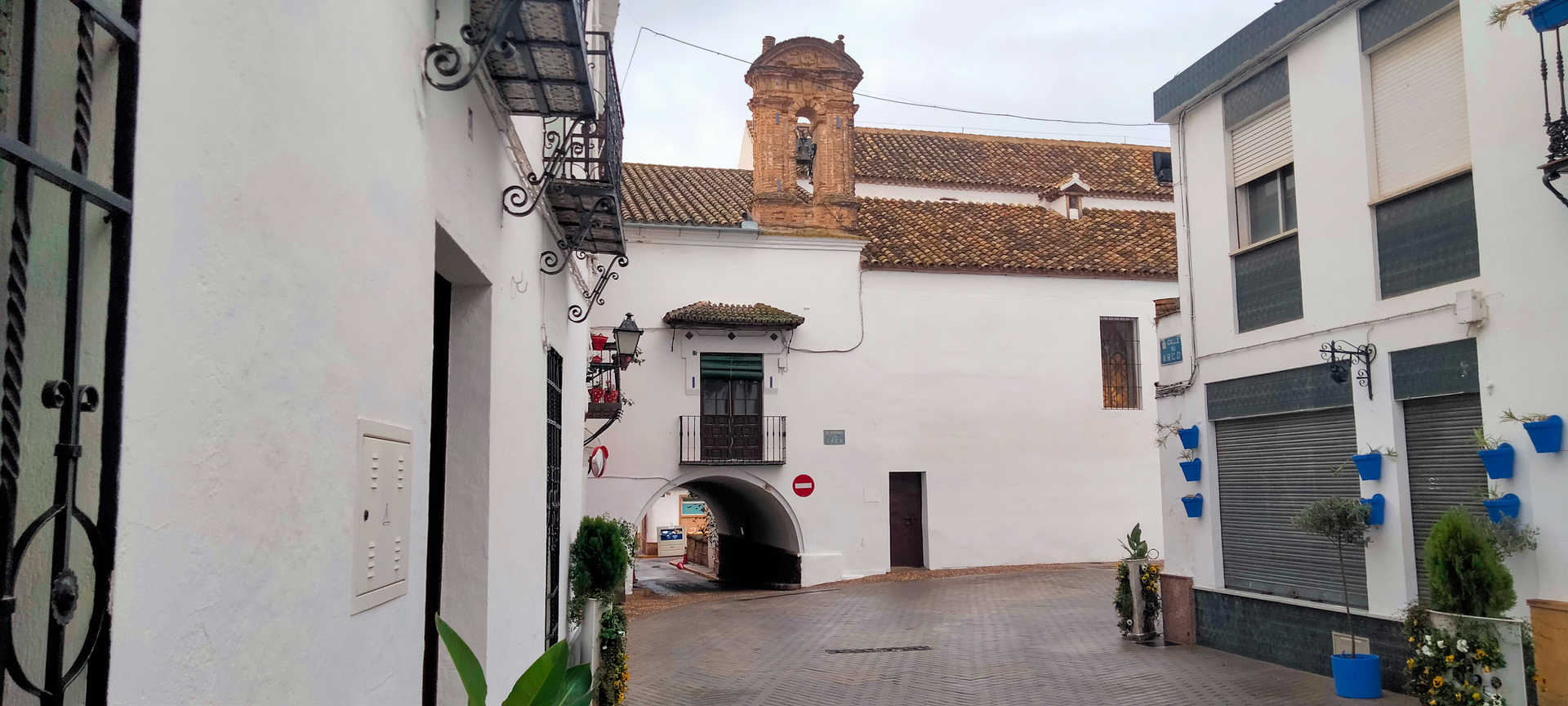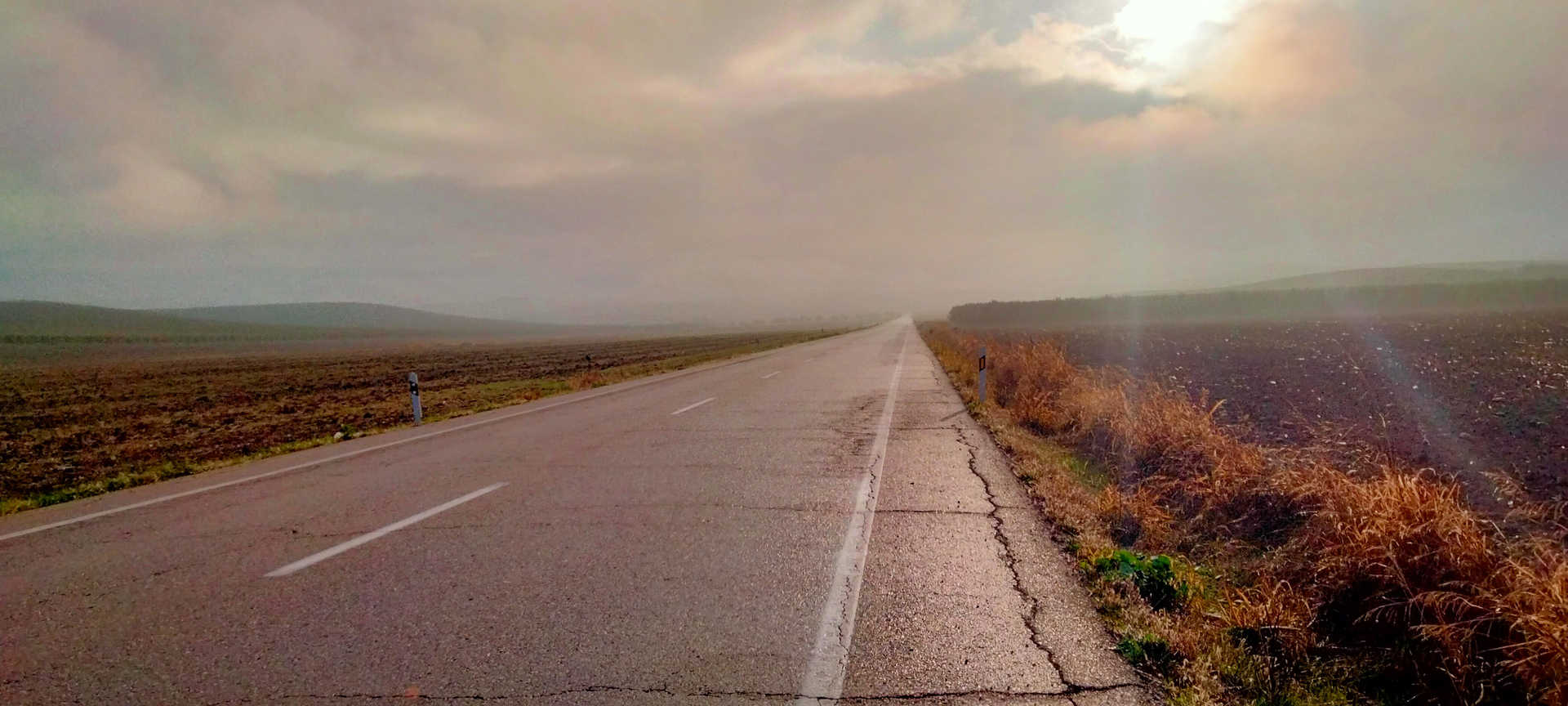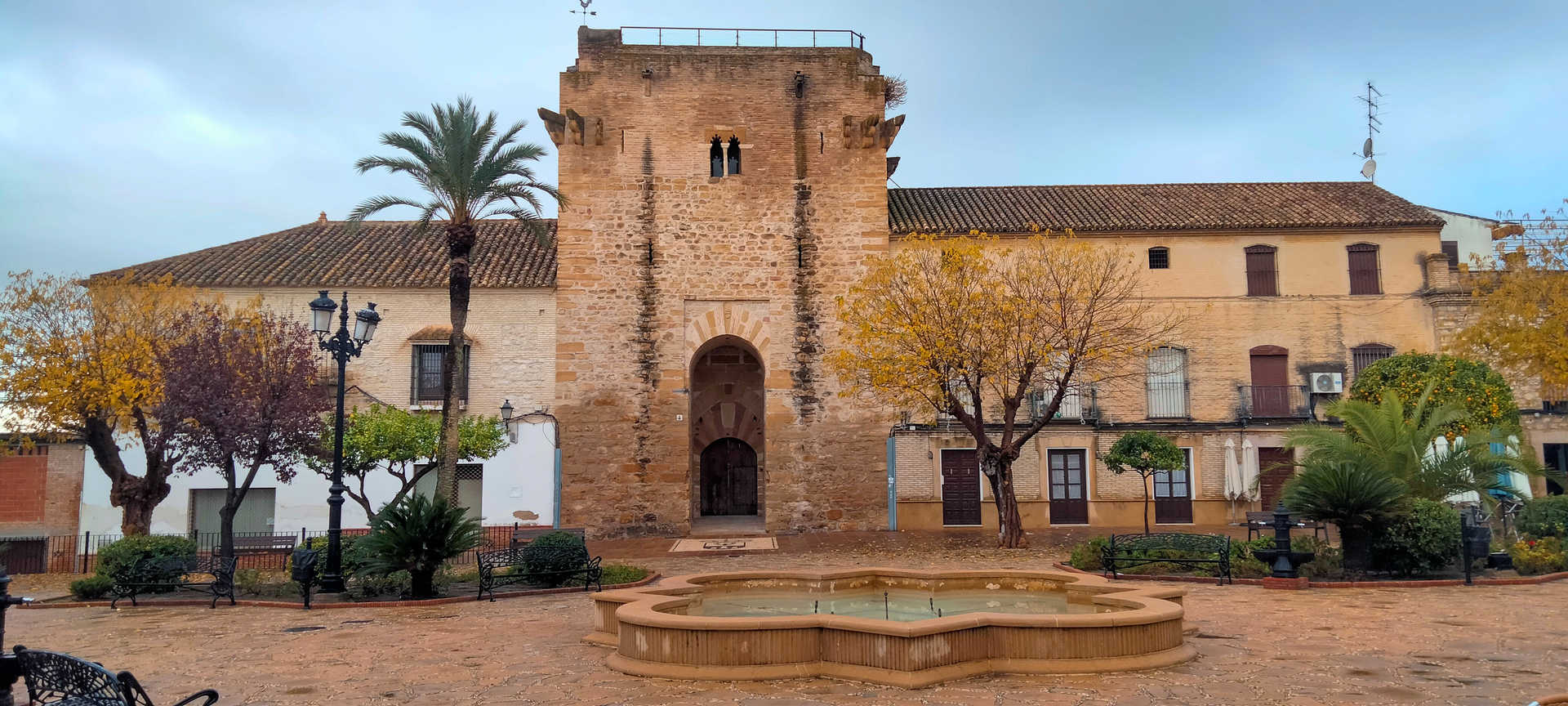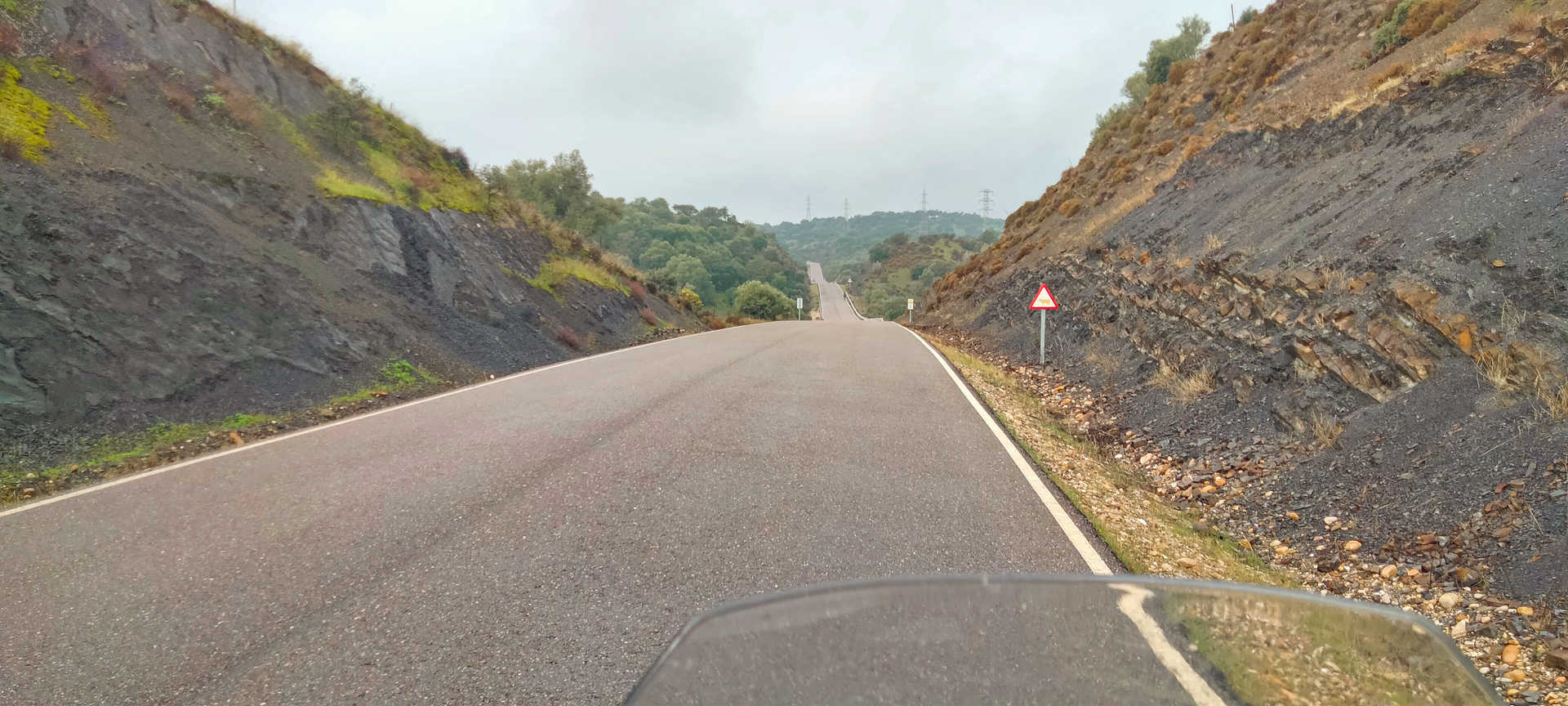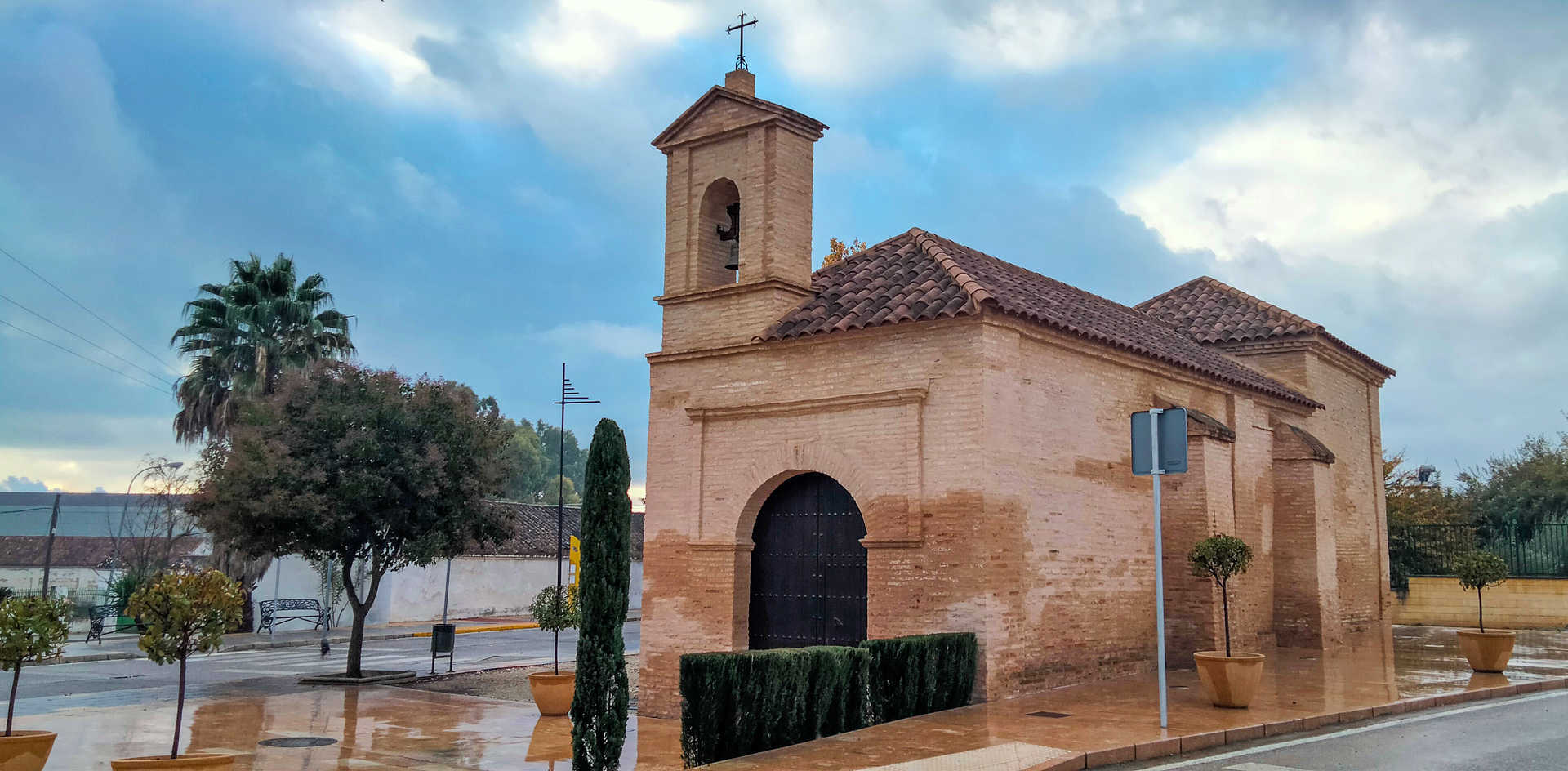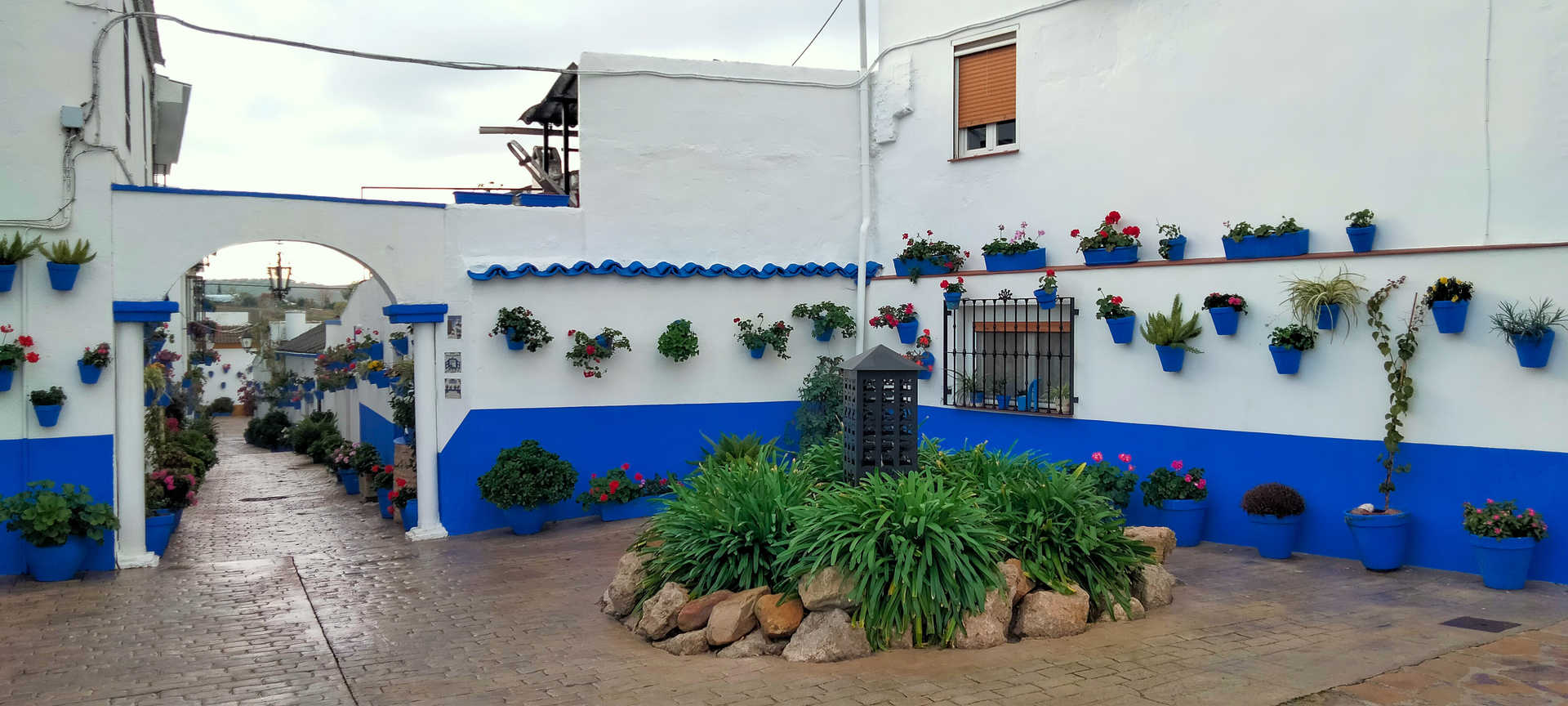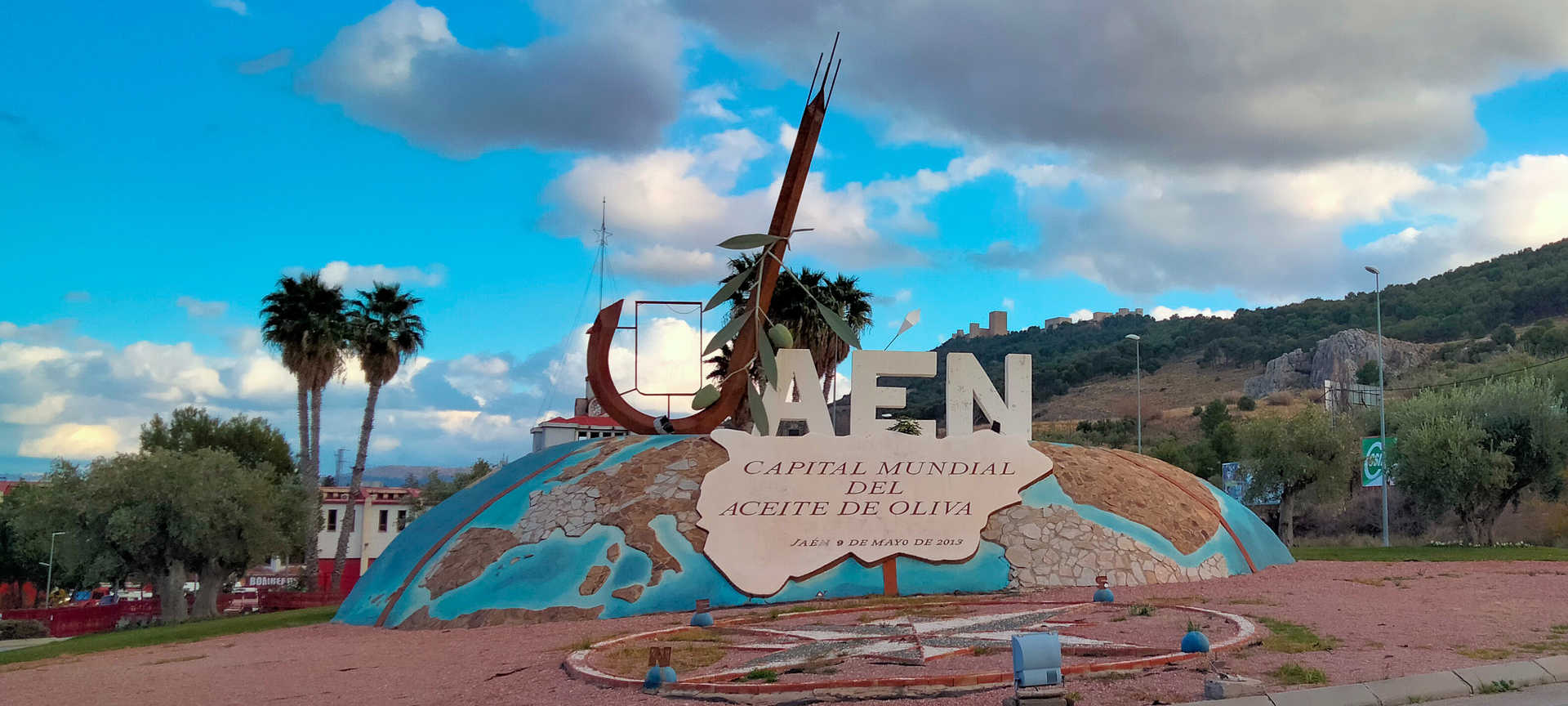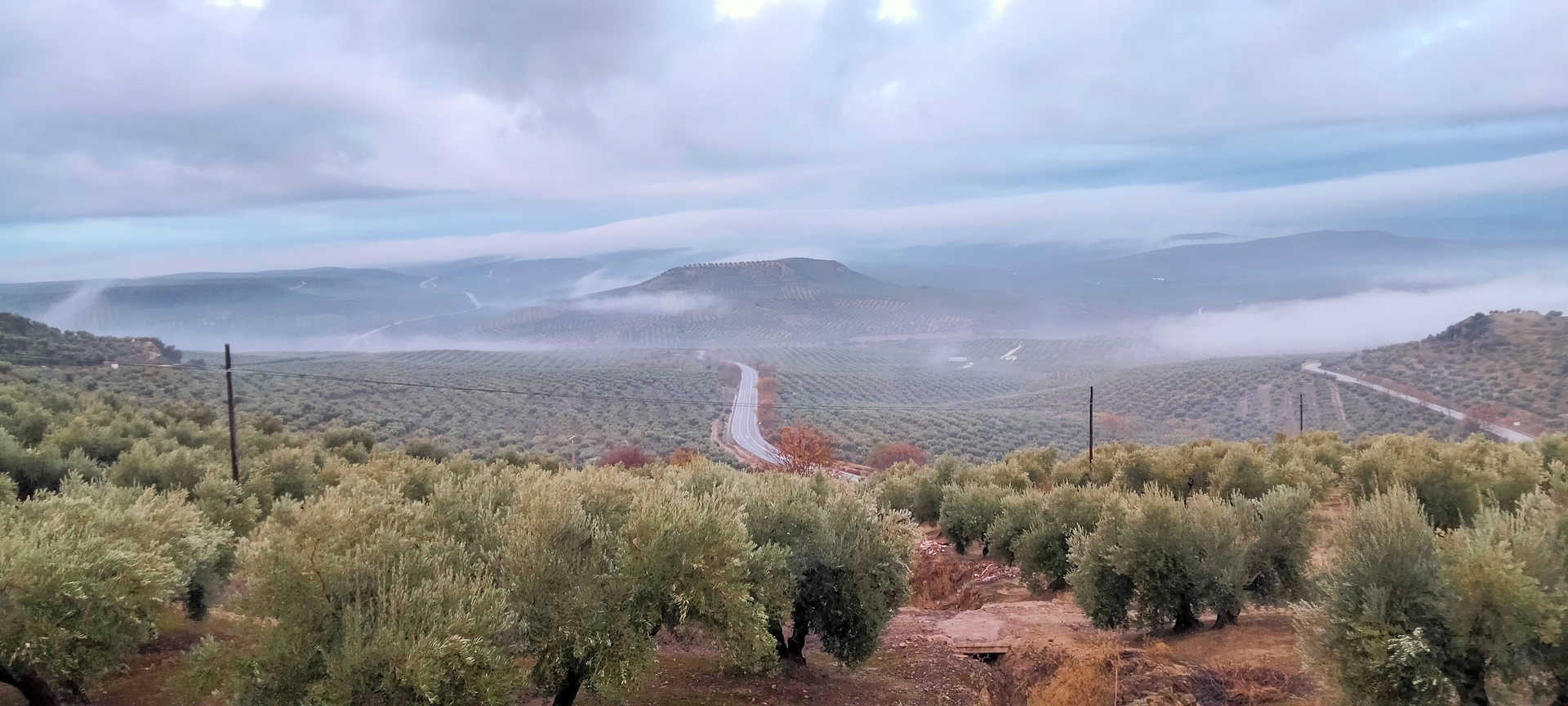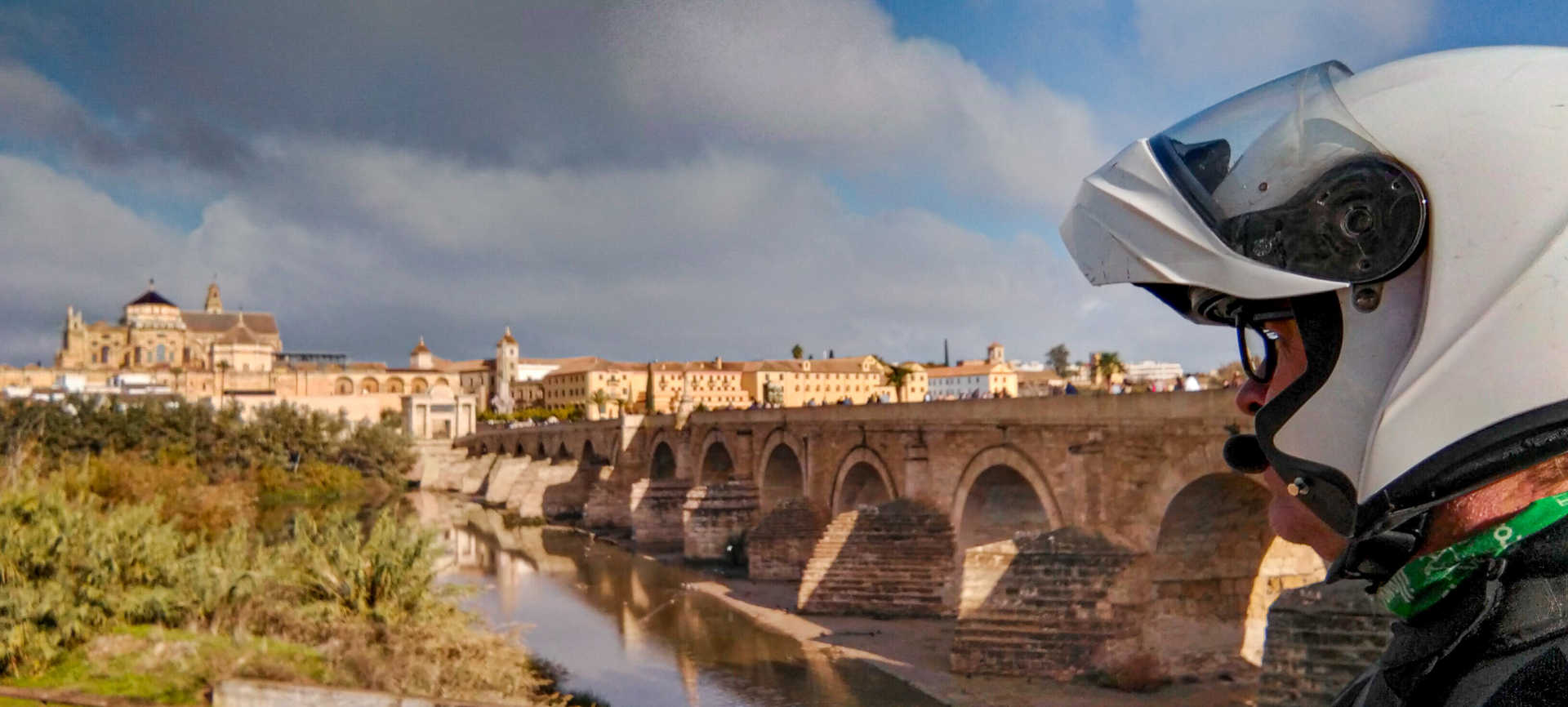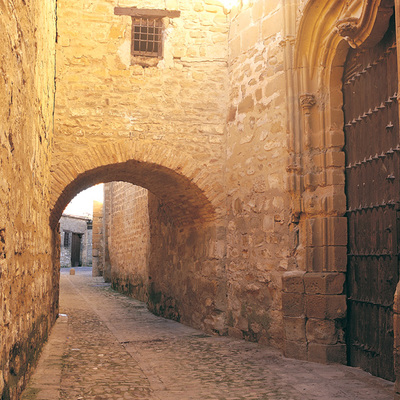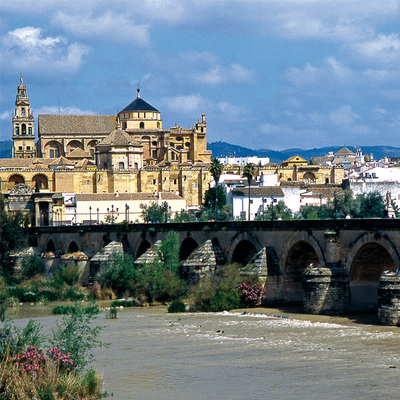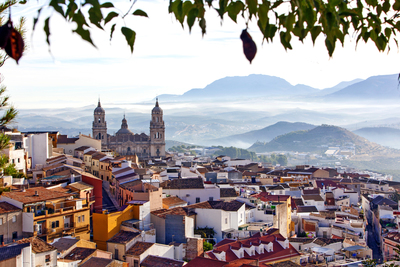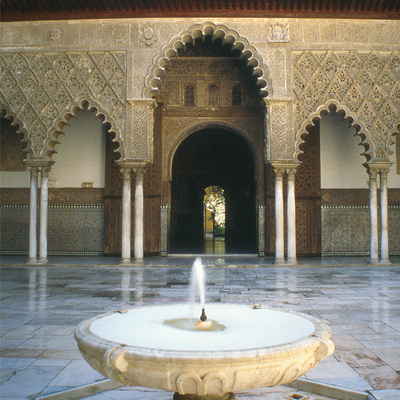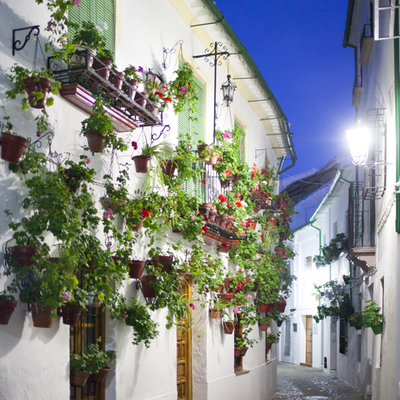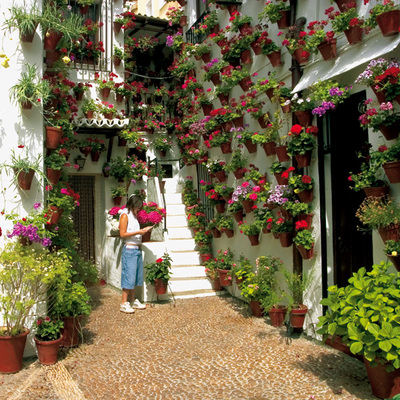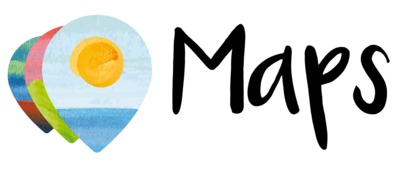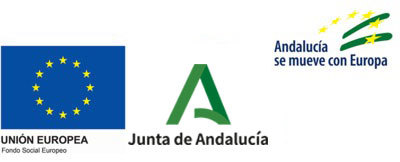Ruta en moto Campiñas de Jaén y Córdoba
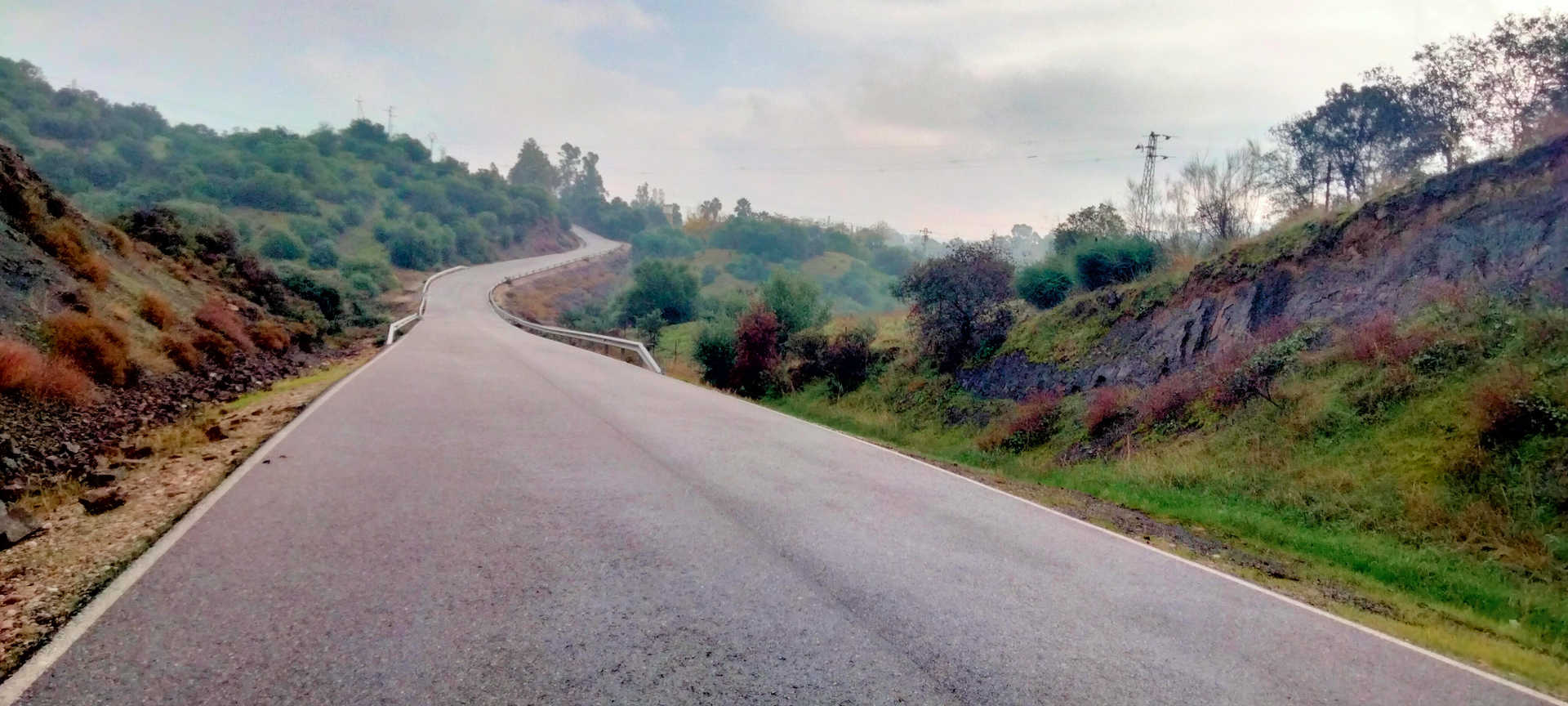
This simple and peaceful electric motorbike route connects two splendid provincial capitals, Jaen and Cordoba, riding through an immensity of olive trees, a silver-green horizon that appears to upholster the waves of an imaginary sea: the lands of extra virgin olive oil (EVOO). You will sail peacefully, accompanied by the soothing silence of your electric motorbike. They lead you along long straight sections amidst rolling hills, from village to village, with the only reference point being a white hamlet beneath a belfry or a castle. Places bursting with life, centuries of history and a vast heritage waiting to be discovered. You will travel from the mountainous crests of Jaen to the serene plains of Cordoba, a route through the heart of Andalusia that reveals the fascinating secrets hidden in every corner of Spain.
On route
Starting from Jaen with your motorbike’s batteries well charged, you will ride up to Santa Catalina castle via the marked detour (stop 1). At the top, under the shadow of Mount Jabalcuz, we can enjoy spectacular views of the city and the Asunción de la Virgen Cathedral, a jewel of Andalusian Renaissance architecture and a mirror in which Spanish-American religious architecture was viewed. After a short stretch on the highway, accompanied on one side by enormous mountains and on the other by the plain of olive groves, you will pass through the interior of Torredelcampo and Torredonjimeno (Castle - stop 2), a former Calatravan territory, which is worth stopping in to explore its architectural legacy. The route then continues on the Cordoba road, where the asphalt is in very good condition and the way straightforward, always accompanied by olive trees as far as the eye can see.
You then reach Porcuna (stop 3), the old Obulco of the Roman chronicles, which was built on a promontory and dominates the countryside. You will pass by the Torre Nueva or Boabdil Tower, and the Plaza de Andalucía, which is reached through a beautiful archway. Before continuing you might like to visit the Iberian necropolis of Cerrillo Blanco, which gives merely a glimpse of the enormous historical richness of the Jaen countryside. Now in the province of Cordoba, you will enter the well-maintained streets of Cañete de Las Torres (stop 4) which, bedecked with flowerpots and plants, revolves around the imposing keep that overlooks the square. The route then remains simple, with wide and straight roads in perfect condition, which will lead you to Bujalance (stop 5). The village, dubbed the ‘architecture of the sun’, welcomes you with the small La Consolación hermitage. You cannot visit the village without trying and recharging your batteries with the most traditional local dishes, in which olive oil plays a leading role, as it does in other country villages in the two provinces. Its culinary preparations range from the simple bread and hoyo de pan y aceite (bread with olive oil) or stuffed potatoes, to more elaborate dishes, such as cholondros (pork and almond stew), lamb with honey, Bujalance stew or migas con torreznos (sautéed breadcrumbs with bacon). However, its star dish, which is in a close competition with Andújar in Jaen, is the Serrano ham flamenquín (fried meat and cheese roll).
The route then continues as the first fields, mainly cereals and cotton, emerge the path. After passing El Carpio, which boasts the imposing Garcí Méndez tower (stop 6), you will cross the River Guadalquivir before stopping in Villafranca de Cordoba and heading towards Alcolea along a beautiful narrow road flanked by fruit trees, bushes and Mediterranean forest. Its curves, ascents and descents will inspire you as you ride your motorbike. From Alcolea, you will follow the old route of the N-IV, leading you to Cordoba, the city with the most Unesco World Heritage accreditations. Access is via splendid avenues, and the route ends on the banks of the river, beside the Calahorra tower (stop 7), which offers an incomparable panoramic view of the Mosque-Cathedral and the Roman Bridge.
#cordoba selfie spot
Cordoba from the left bank of the Guadalquivir. After leaving the Calahorra tower behind, facing you the Roman Bridge, the Puerta del Puente (Bridge Gateway) and the Mosque-Cathedral, in the background, stand out.


